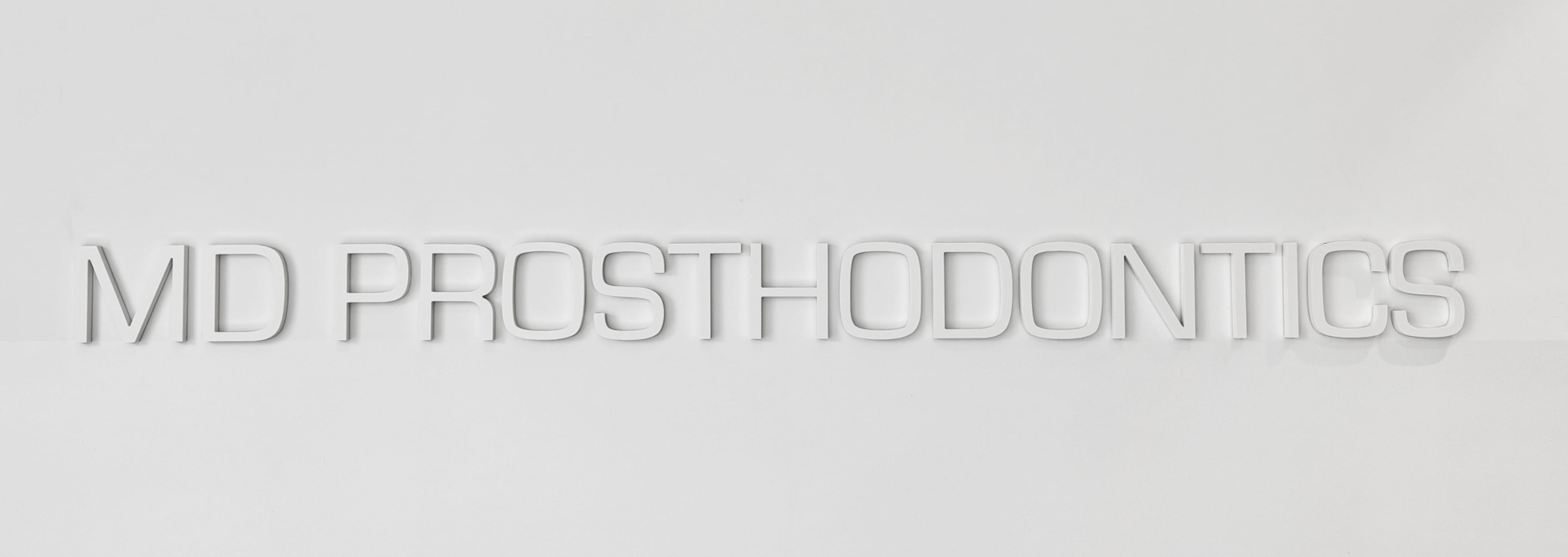Your dentist may recommend a tooth extraction for various reasons, such as tooth decay, the necessity to remove teeth impeding orthodontic treatment, or the extraction of wisdom teeth.
Care immediately following surgery
- Keep pressure on the gauze pad that your doctor placed over the surgical area by gently biting down. Dampen the gauze sponge with water if it begins to dry out. Try to maintain constant pressure in intervals of 45-60 minutes, repeating as often as needed or until bleeding lessens. Change the gauze as needed.
- Keep your head elevated, and try to lower your activity level as much as possible.
48 hours after surgery, rinse mouth with warm salt water every 1-2 hours. Avoid using any mouthwash containing alcohol, as it can irritate the wound. - Keep your mouth clean by brushing areas around the surgical site, but be sure to avoid sutures. Touching the wounded area in any fashion should be prevented.
- Use ice packs to control swelling by placing them on facial areas near extraction.
- Take all prescribed medications accordingly. If any itching or swelling occurs, contact the practice immediately or go to the nearest emergency room.
- Try to eat softer foods, preferably high in protein.
- Keep your body hydrated by drinking plenty of fluids, but do not drink through a straw for the next 5-7 days.
- If you are a regular tobacco user, refrain from smoking for the next 3-4 days as smoking increases your chances of getting a dry socket as well as an infection.
- After your tooth has been extracted, healing will take some time. Within 3 to 14 days, your sutures should fall out or dissolve. For sutures that are non-resorbable, your doctor will schedule a follow-up appointment to remove the stitches for you. Your tooth’s empty socket will gradually fill in with bone over time and smooth over with adjacent tissues.


